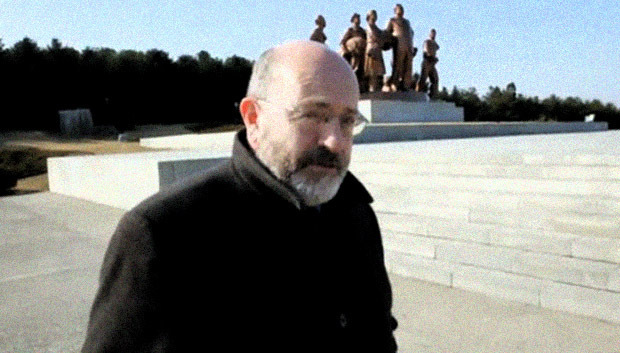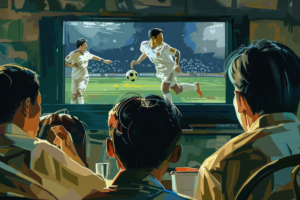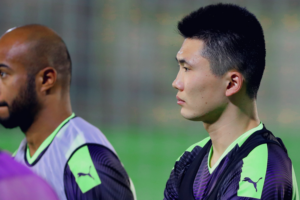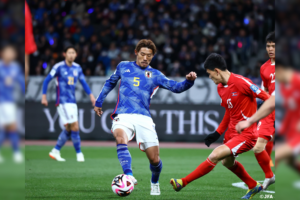I have just finished watching BBC Panorama’s “Undercover in North Korea”, perhaps the best example of what documentaries on North Korea should not be like. Let me be perfectly clear: these are thirty minutes of biased, factually incorrect, snobbish, uninformative, stereotypical, absolutely useless footage.
I will later explain why it is so, but first we ought to underscore that in order to produce such a masterpiece, John Sweeney and his crew (plus his wife, who organized the trip) had to put at serious risk a group of students from the London School of Economics (LSE). Even though the visit was not intended as track-II diplomacy, this step may prove detrimental to years of work in engagement for a constructive dialogue with North Korea (and before we proceed: ‘constructive’ means ‘positive’: an attempt of understanding, not an apology for the North Korean leadership’s undeniable wrongdoings). Obtaining authorizations for academic visits, research work or exchanges with North Korea has always proven difficult, and programs like this do not help at all.
I have just finished watching BBC Panorama’s “Undercover in North Korea”, perhaps the best example of what documentaries on North Korea should not be like. Let me be perfectly clear: these are thirty minutes of biased, factually incorrect, snobbish, uninformative, stereotypical, absolutely useless footage.
I will later explain why it is so, but first we ought to underscore that in order to produce such a masterpiece, John Sweeney and his crew (plus his wife, who organized the trip) had to put at serious risk a group of students from the London School of Economics (LSE). Even though the visit was not intended as track-II diplomacy, this step may prove detrimental to years of work in engagement for a constructive dialogue with North Korea (and before we proceed: ‘constructive’ means ‘positive’: an attempt of understanding, not an apology for the North Korean leadership’s undeniable wrongdoings). Obtaining authorizations for academic visits, research work or exchanges with North Korea has always proven difficult, and programs like this do not help at all.
Become a member for less than $4 per week.
Unlimited access to all of NK News: reporting, investigations, analysis
The NK News Daily Update, an email newsletter to keep you in the loop
Searchable archive of all content, photo galleries, special columns
Contact NK News reporters with tips or requests for reporting
Get unlimited access to all NK News content, including original reporting, investigations, and analyses by our team of DPRK experts.
Subscribe now
All major cards accepted. No commitments – you can cancel any time.










